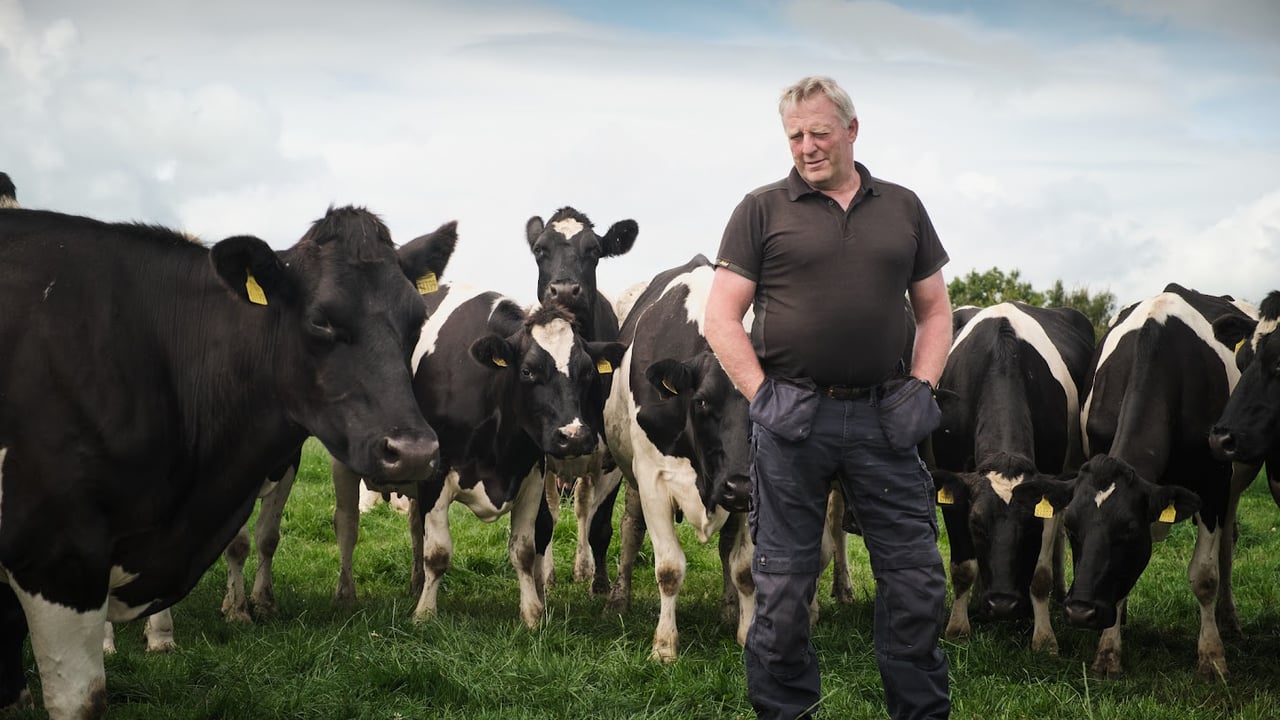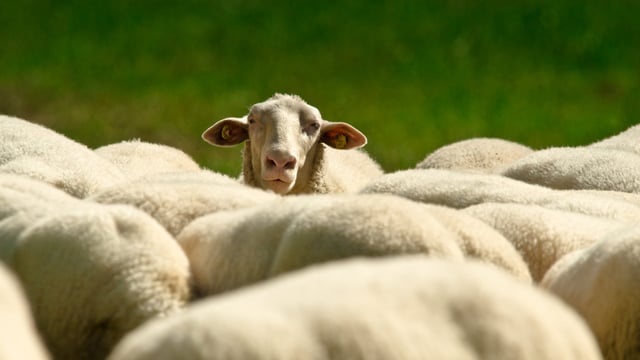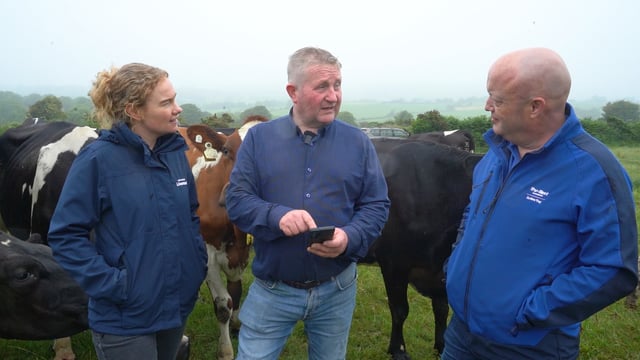ICMSA urges farmers to be 'bluetongue alert' over coming weeks
The Irish Creamery Milk Suppliers' Association (ICMSA) is urging farmers to be extra vigilant due to an increased risk of bluetongue virus.
The chair of the association's livestock committee, Michael O'Connell said Ireland is currently one of the only countries in the EU that is free from bluetongue.
Bluetongue is a notifiable exotic viral disease caused by bluetongue virus (BTV) which can cause severe clinical signs in ruminant species, such as cattle, sheep and goats, along with camelids.
The virus, which does not pose a risk to human health or food safety, is primarily spread by the bite of infected midges, which are more active in warmer months.
According to O'Connell, the disease is ‘complex’ in terms of control, noting there has been seven BTV cases in Britain since July 12.
He said that the effects of the disease on herds and flocks include serious illness, death or, in cases where animals survive, immune system suppression, fertility issues, and milk yield suppression.
O’Connell said the losses and economic impacts on farms across the EU have been "monumental" with some farms "unlikely to ever recover".
“Early detection is key and presently the midges which act as vectors for the disease are extremely active.
"Midge activity increases once mean temperatures increase to over 12°C and considering the summer we have had so far, we have to assume more midge activity” he said.
The ICMSA Livestock Committee chair said that farmers must be on alert till at least mid-October.
O'Connell said that the Department of Agriculture, Food and the Marine (DAFM) are "doing everything possible".
The department is running monitoring programmes across the southeast to ensure that any suspect case or fallen animal with unknown causes is being tested.
“Our colleagues in Northern Ireland have been able to access a vaccine for the most common known strain of the virus, BTV 3 since late July, but it is currently unavailable in the Republic of Ireland.
"Reports from the UK is that uptake has been quite low, with majority of those being breeding herds.
"It is vital that we give Irish farmers the opportunity and option to protect their herds and livelihoods, but there is the possibility of one strain of the vaccine ‘camouflaging’ and suppressing the virus in blood tests and that possibility needs to be acknowledged.
"Is this causing more problems than it is giving reassurances? We have to take into account the potential accuracy and consequences regarding screening for the disease and trade restrictions," O’Connell said.
The ICMSA Livestock chair said that if farmers are unsure of the health status of an animal or reasons surrounding deaths, they should contact their local district veterinary office or local vet.
“We are in a unique position at present in Ireland. We are the only country in the EU with a licence to export live animals due to our BTV free status.
"It can be seen from this year’s live export figures where we have an increase of roughly 35,000 head of cattle exported year to date that BTV-free status is hugely important.
"Member states have had huge losses amongst their herds and are importing cattle to fill the deficit.
"It is imperative that we do everything in our power to continue to fulfil the need for live cattle around the EU and our capacity to do that is hugely dependent on remaining bluetongue-free," O'Connell said.





